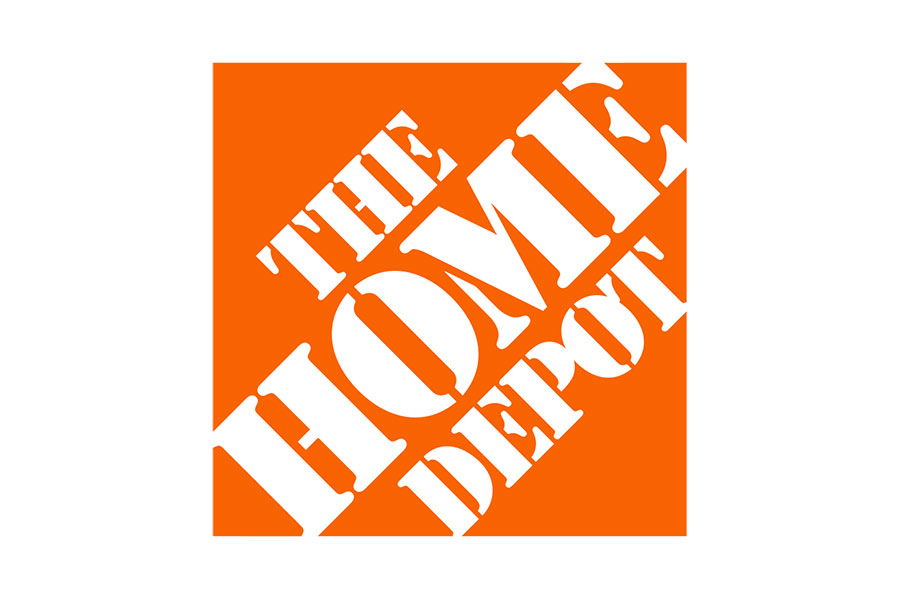If you’re thinking about applying for a Home Depot credit card, it’s helpful to know what lenders look for in an application. Whether you need financing for a home improvement project or want to take advantage of special promotions, meeting the credit requirements is key to getting approved.
While your credit score plays a big role in the decision process, other factors like your income and existing debt also matter. Understanding these details can help you strengthen your application before you apply.

Credit Score Needed for a Home Depot Credit Card
A credit score of at least 640 is generally recommended for the Home Depot credit card. While this score falls into the fair credit range, having a higher score can improve your chances of approval and may help you qualify for better terms.
Keep in mind that lenders also consider your income, debt-to-income ratio, and any negative marks on your credit report. A strong financial profile can make it easier to get approved, even if your score is close to the minimum threshold.
What else affects your approval odds for the Home Depot Credit Card?
While credit scores play a significant role in credit card approvals, other factors come into play as well. Home Depot, like other card issuers, will also look at:
- Income: A higher income typically indicates a greater ability to repay debts, making you a more attractive candidate.
- Debt-to-income ratio: This measures how much of your monthly income goes towards debt payments. A lower ratio is more favorable.
- Negative items on your credit report: These can include late payments, charge-offs, or bankruptcies, which could hurt your approval chances.
Strategies to Increase Your Chances of Home Depot Credit Card Approval
To boost your odds of getting approved for the Home Depot credit card, take the following steps:
- Know your credit scores: Obtain a free copy of your credit report from AnnualCreditReport.com, and check your scores through a reputable credit monitoring service.
- Maintain a strong credit history: Pay your bills on time and keep your credit utilization low. Aim for a utilization rate below 30% to show responsible credit management.
- Avoid applying for multiple credit cards: Each application results in a hard inquiry, which can temporarily lower your credit score. Limiting inquiries demonstrates financial stability.
- Address negative items on your credit report: Work on resolving any negative items that could be hurting your credit score.
Getting Professional Help to Improve Your Credit
If your credit score isn’t where it needs to be, there are steps you can take to improve it. Paying down outstanding balances, making timely payments, and reducing credit utilization can all have a positive impact over time.
For those who need extra support, professional credit repair services may be an option. Credit Saint helps clients dispute and potentially remove negative items such as late payments, collections, and charge-offs. Visit their website for a free credit consultation and explore how they can assist in improving your credit.



